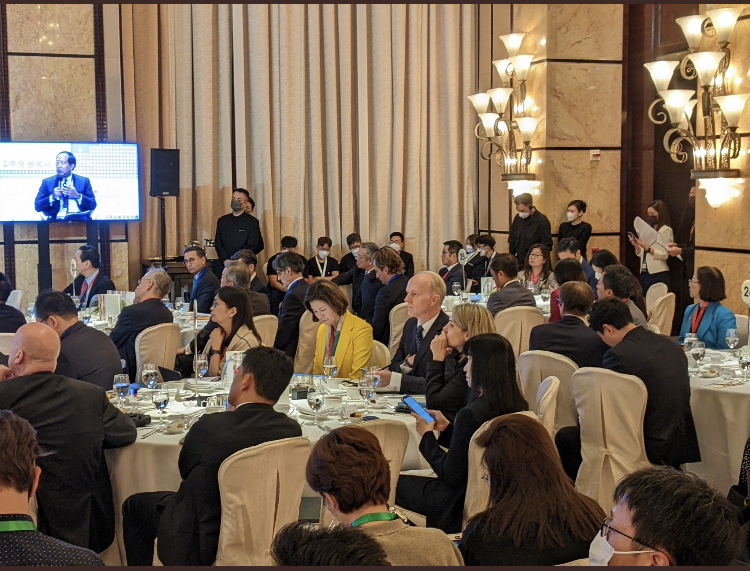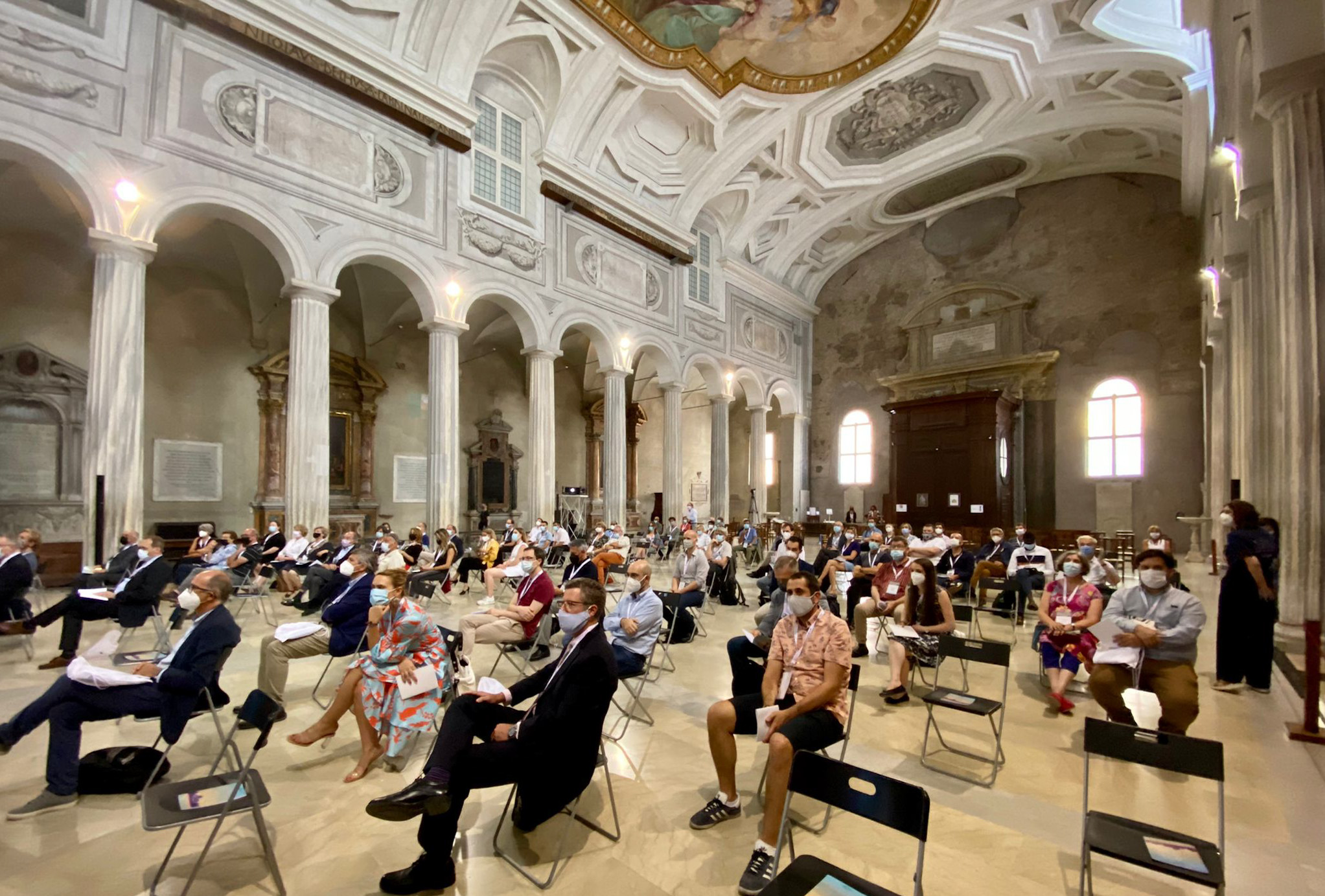 The meetings industry is transitioning at such a rapid pace and, as meetings, conference and training land- scapes continue to evolve and expand, it’s vital that we – as the stewards of exceptional meet- ings – continually evaluate all elements of the meeting experience in order to ensure that we are providing the most relevant environments that are conducive to fostering collab- oration, ideas exchange and relationship building among attendees.
The meetings industry is transitioning at such a rapid pace and, as meetings, conference and training land- scapes continue to evolve and expand, it’s vital that we – as the stewards of exceptional meet- ings – continually evaluate all elements of the meeting experience in order to ensure that we are providing the most relevant environments that are conducive to fostering collab- oration, ideas exchange and relationship building among attendees.
Fundamentally, there are key elements of meeting venues that are critical for successful meetings, which have largely remained constant over the past five years. These elements include, high-quality broadband, good acoustics, variable lighting, availability of space outside of the meeting room for networking, and flexibility regarding conference and meeting room layouts. It is predicted that these same elements are projected to remain important in the years to come.
One important trend to note is that solid high-speed broadband and easy-to-integrate technology in general have moved from being a “nice to have feature”, to being foundational resources that are more important than other elements of a meeting, including the likes of food and drink. The fact that broadband is considered the top physical aspect needed in a meeting venue, in our study, is telling.
As a result, venues need to ensure that the investment put towards upgrading this element is directly proportional to the value placed on it among planners and delegates.
Further to this, meeting planners also cite a continued trend towards more unique and flexible meetings spaces. A need to offer different styles of seating that will add interest to the overall meeting experience is clear. In one survey as part of our study, a participant commented that their dream was “to find a venue that would get them out of a rut and inspire their delegates to keep attending and keep moving themselves and the organisation forward”.
The relevance of meeting venue facilities and their connection and compatibility with their clients’ organisational cultures also plays a role when it comes to successfully organising events. It is important that those who organise meetings have a good knowledge of venues that offer this environment, as well as the presence of specialist staff on site who are able to support and create these memorable meeting experiences. If venues are not responding to these changes, they too, risk being left behind.
Creating meeting spaces that inspire people and encourage communication is becoming increasingly more important. To read the full report click here
Mark Cooper is Chief Executive of IACC


